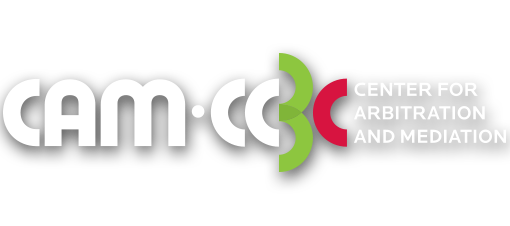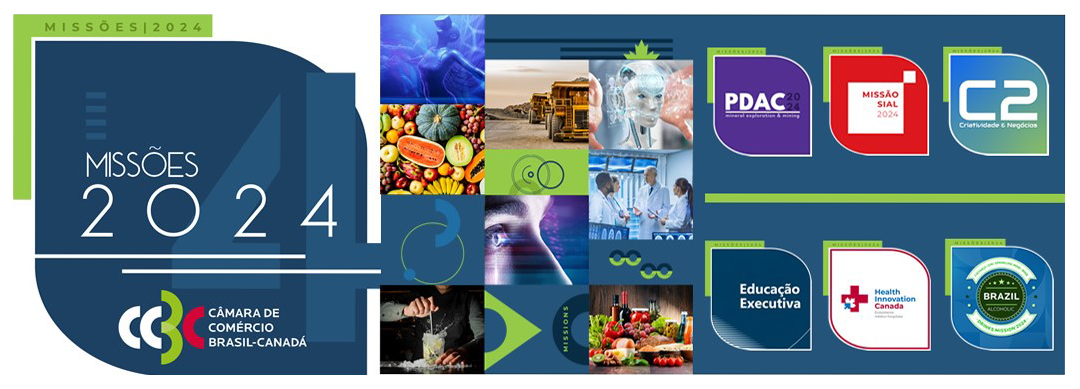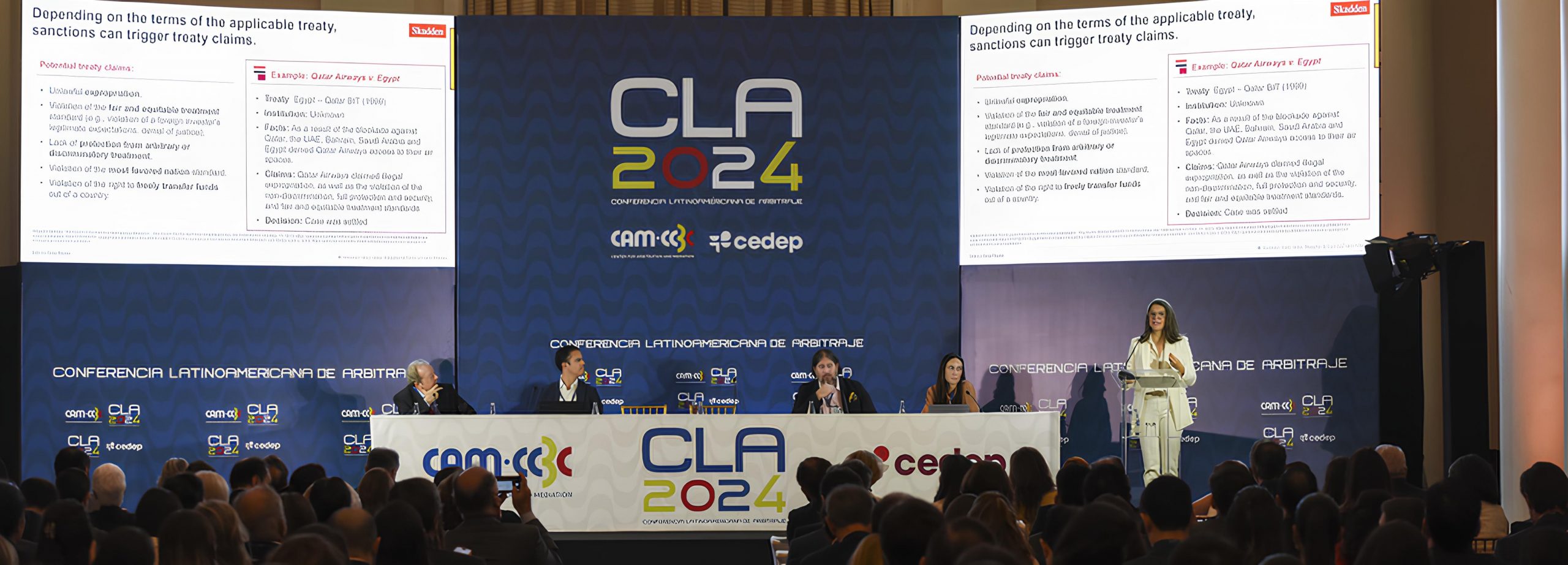In a recent debate at CCBC, BRK Environmental CEO Teresa Vernaglia said that Brazil’s lack of sanitation affects women much more than men. How? It all starts with a woman’s role in the family. According to the CEO, when a child gets contaminated in dirty water, it is usually up to the mother to take the child to the hospital and stay home with her child until he or she is able to go back to school. “The market is not always prepared to deal with the needs of this woman employee,” she said.
The debate was part of an event called “How diversity management contributes to a high-performance culture.” Promoted in November by the CCBC Diversity Commission, the meeting stressed that the issue is much more complex than simply incorporating expressions such as gender equality or inclusion of minorities into company communications.
“Seeking diversity involves understanding the daily lives of people with different backgrounds,” explains lawyer Esther Nunes, the Chamber’s former CEO and one of the Commission’s coordinators. “Women who need to skip work to take care of their children are already under different circumstances not experienced by most men.”
The event included the launch of the e-book “Recruiting Diversity,” conceived by the CCBC team with successful cases and inclusive recruitment and selection best practices.
According to Esther, initially, the CCBC Commission, founded in 2018, sought to raise corporate awareness on the importance of diversity. Today, the idea is to help organizations implement effective actions.
“We want to show that this is possible, and the e-book cases are excellent for this. In 2020, in addition to the debates, we will hold workshops focused on exercises and practice, “says Esther, noting that the Commission’s discussion will include the participation of people with disabilities, LGBT communities, black people, refugees, among other segments of society, in the labor market.
The e-book, which was released in November, was based on the seminar “Selective Processes: how to enable inclusion while maintaining the levels of excellence required by companies,” held in April at CCBC. The work contains cases from brands such as Google, TD Bank, Boticário, and law firms. Learn how your business can benefit from diversity and be inspired to achieve results. Download the e-book “Recruiting Diversity” here.
Why encourage diversity?
The pursuit of diversity reflects a change in corporate paradigm. At other times, organizations preferred employees who fit a rigid pattern of behavior and experience. Now, they understand that “different” is synonymous with “varied points of view,” which translate into ease of understanding colleagues, customers, and producing innovations – and, of course, reflecting a concern for a fairer world.
“This search for diversity began due to people who overcame obstacles and reached the top of the organizations even though they belong to some excluded group. It began due to pressures from society as a whole and the perception that diversity is beneficial,” says Alexandre Sabbag, a partner at Boyden, an international executive selection firm that operates in more than 40 countries.
The benefit is proven by numbers. According to the consultancy firm The Clear Company, there is a proven average increase of 41% in revenue in teams that are equally made up of men and women. McKinsey & Company’s research “Diversity as a Leverage for Performance” concludes that executive teams of greater ethnic diversity – not only in terms of absolute representation but also of variety or ethnicity mix – are 33% more likely to outperform their peers in profitability.
Discuss diversity until the discussion becomes “irrelevant”
As one of the organizers of the Diversity Commission events, Sabbag argues that CCBC’s mission is to make the issue of diversity irrelevant. “We talk about diversity because we need to raise awareness about it. When we stop talking about it, it will be a sign that it has advanced enough,” he says. “It’s like the right of women to vote in Brazil. It is unnecessary to talk about its importance all the time.”
The Consul and Chief Commercial Officer of the Consulate General of Canada in Brazil, Elise Racicot coordinates the Diversity Commission alongside Esther. According to her, the Consulate’s direct role in the Commission shows that the issue is a priority in the Government of Canada. “We want to promote a more inclusive, diverse, and modern trade that makes space for wider participation by society as a whole,” she says.





